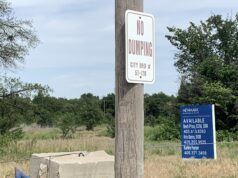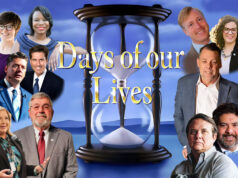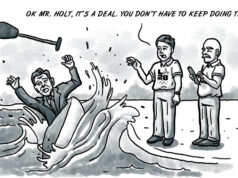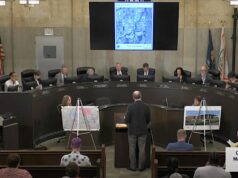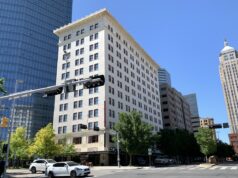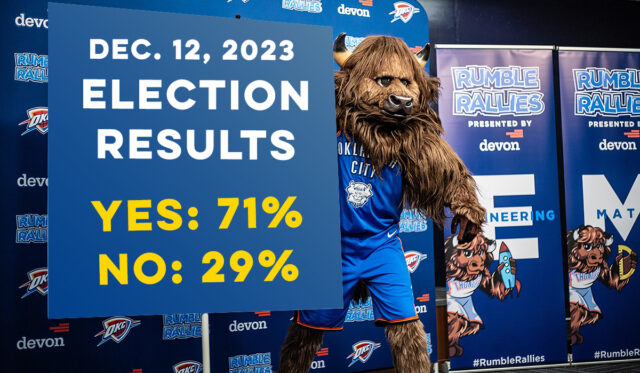
Oklahoma City isn’t going to morph into Amarillo by morning after voters approved a massive taxpayer-funded arena proposal Tuesday that will keep the Thunder in the city for decades to come.
With all 278 precincts reporting, unofficial results showed 41,129 votes (71 percent) cast in favor of the proposal, while 16,797 ballots (29 percent) were cast against. As a result, the one-cent MAPS sales tax will be extended for six more years, a big win for Mayor David Holt who led the campaign for the new city-owned arena.
“Tonight, we told the nation, we told the world, that Oklahoma City is and shall remain a big league city,” Holt said in a statement.
He also posted a photo on X of Thunder players celebrating.
— Mayor David Holt (@davidfholt) December 13, 2023
The arena carries an estimated $900 million price tag, but with a myriad of uncertainties at hand, it could cost more than $1 billion before it opens to the public. Its location, design and exact opening date remain unknown.
As the chief cheerleader of the project and Tuesday’s vote, Holt invoked OKC’s past as a city that lifted itself out of the troubled 1990s into a regional powerhouse fueled by MAPS campaigns. Tuesday’s election came 30 years after the first MAPS, which helped create a city that features a range of new amenities from parks to a growing entertainment and hospitality scene.
But he also painted a grim picture of a city without an NBA team. Holt said OKC would be just a larger version of its sleepy, less dynamic neighbor in West Texas during an interview with Sellout Crowd’s Jenni Carlson earlier this month.
“It makes no rational or logical sense why we have a team here, except that we have local owners and we have a lease. But we’re not going to have a lease much longer, and you can’t assume you’re always going to have local owners,” Holt said. “Some day this team is going to be owned by a hedge fund in New York or a Russian oligarch or whatever. And they’re just going to look at the bottom line, and they’re going to go, ‘Why wouldn’t I go to a much larger market where I can make more money?’
“At the end of the day, if you want to make that your line in the sand, well guess what? The team relocates, moves to a bigger market with a nicer arena and makes more money. Well, you’ve really shown them, haven’t you? But we have lost $600 million in annual economic impact and we’re Amarillo again. Who is the winner and who is the loser in that scenario?”
City’s deal with the team scrutinized
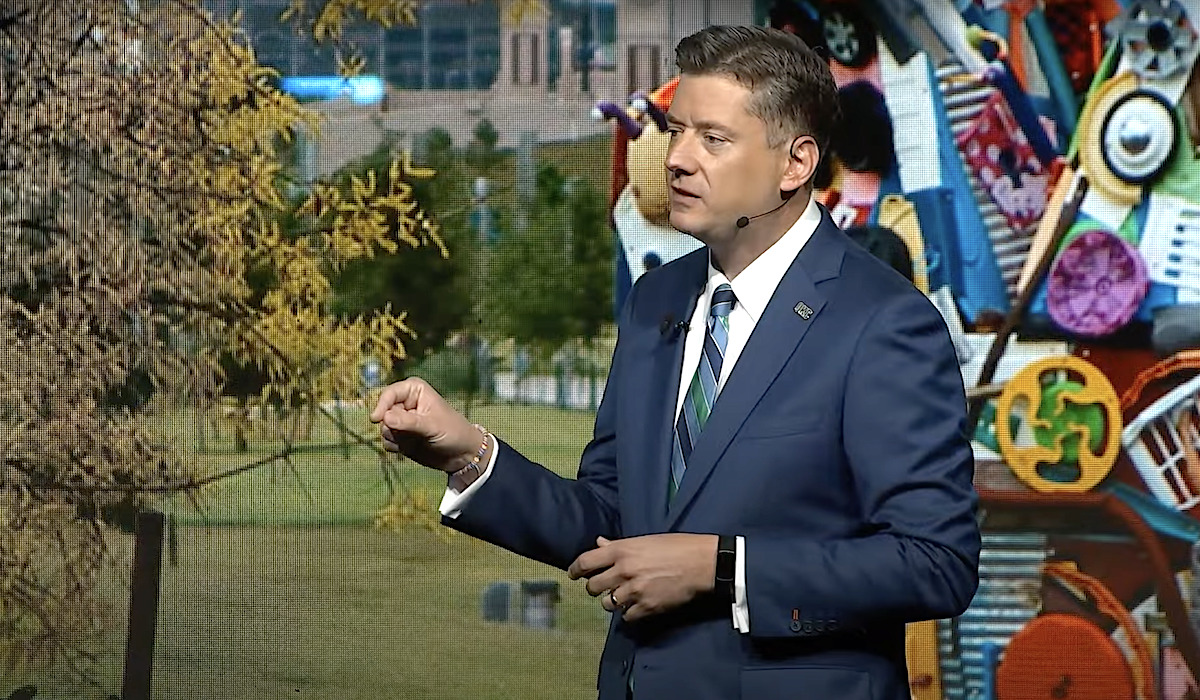
The quality of the deal negotiated by Holt with the Thunder’s ownership group received criticism during the lead up to Tuesday’s election.
The Professional Basketball Team LLC pledged to contribute just $50 million toward the construction of the $900 million arena, or about 5.5 percent of its cost. The city will own the arena and the Thunder will pay rent, though how much money the city will receive through its lease agreement with the team remains unknown.
An ownership group led by Clay Bennett purchased the Seattle Supersonics for $325 million, renamed the team, and brought it to OKC in 2008. Today, the team is worth an estimated $3 billion.
Other NBA teams have contributed more toward the cost of new arenas. The Bucks contributed about $174 million toward the construction of a new arena in Milwaukee. Ownership contributed about $284 million toward the cost of a new arena for the NBA’s Sacramento Kings.
Holt has said the offer wasn’t going to get better had voters rejected the proposal.
“This is the offer. This is the deal, and you ultimately have to decide if it’s worth it or not,” Holt said in a recent interview with Sellout Crowd, a local sports media startup that publicly endorsed the proposal.
Some economists have also questioned the $600 million economic impact and the overall value of having a professional sports team.
“You don’t just get to have an opinion, or cherry-pick data,” University of Oklahoma economics professor Cynthia Rogers told Jessie Christopher Smith of The Oklahoman in October. “You’ve got to get it through a very grueling process, and the studies just don’t really show causality and they don’t show it definitively.”
Similarly, Kennesaw State University economics professor J.C. Bradbury told Sean Murphy of the Associated Press that voters were being pitched a bad proposal.
“Whoever negotiated this for the city of Oklahoma City should be fired for incompetence,” Bradbury said. “When you tell me an arena is going to be a minimum of $900 million with no caps, you’ve just committed to a $2 billion arena,” he said. “It is by far the worst stadium deal I’ve ever seen negotiated from a public standpoint.”
Organized opposition to arena proposal falls short
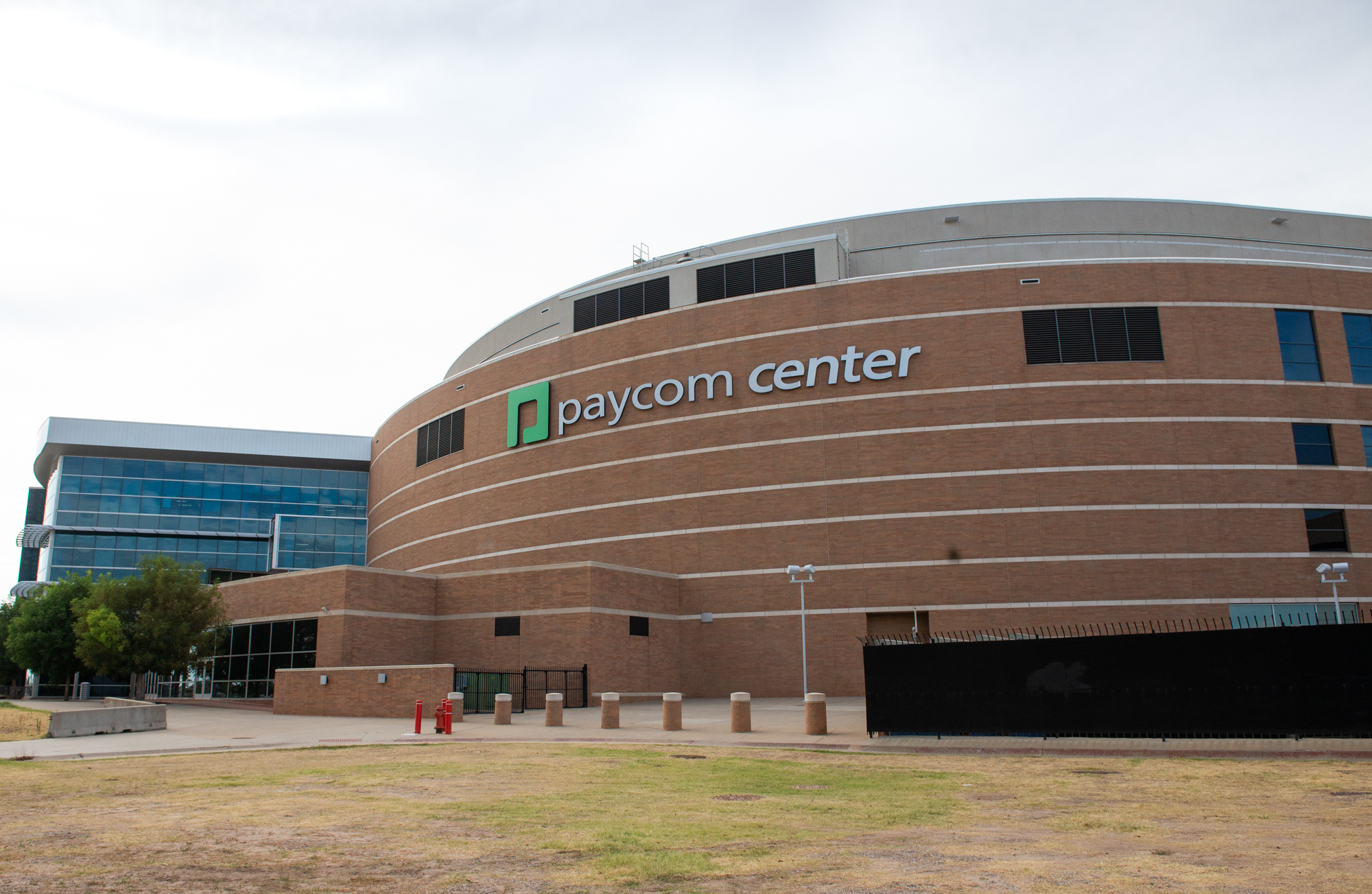
At a campaign event days before Tuesday’s vote, Holt said the benefits of having a team in the city transcend economics.
“It’s a really simple question: Do you want to be a big league city? Do you want to have an NBA team? Do you want to have the concerts we enjoy? Do you want this economic impact or not?” Holt told the crowd. “We are a Big League City. We are a global city, but the Thunder and the existence of the NBA here are the main reason for that.”
The Build Your Own Arena campaign was the only organized opposition to the arena proposal. That group struggled to compete with the Yes campaign and its support from the OKC Chamber of Commerce.
The campaign argued the Thunder ownership group was worth a combined $25 billion and didn’t need taxpayers to foot the bill for the team’s new home. An advocacy organization associated with the Build Your Own Arena campaign, Oklahoma Progress Now, posted a Cameo video of disgraced and expelled former Congressman George Santos panning the arena proposal.
The new arena could come with a community benefits agreement to help ensure those who work at the arena are paid a wage of at least $15. The agreement could also require efforts to hire workers from some of the most economically struggling areas of the city. Specifics of the potential agreement remain unclear.










